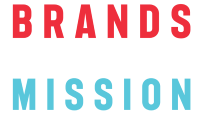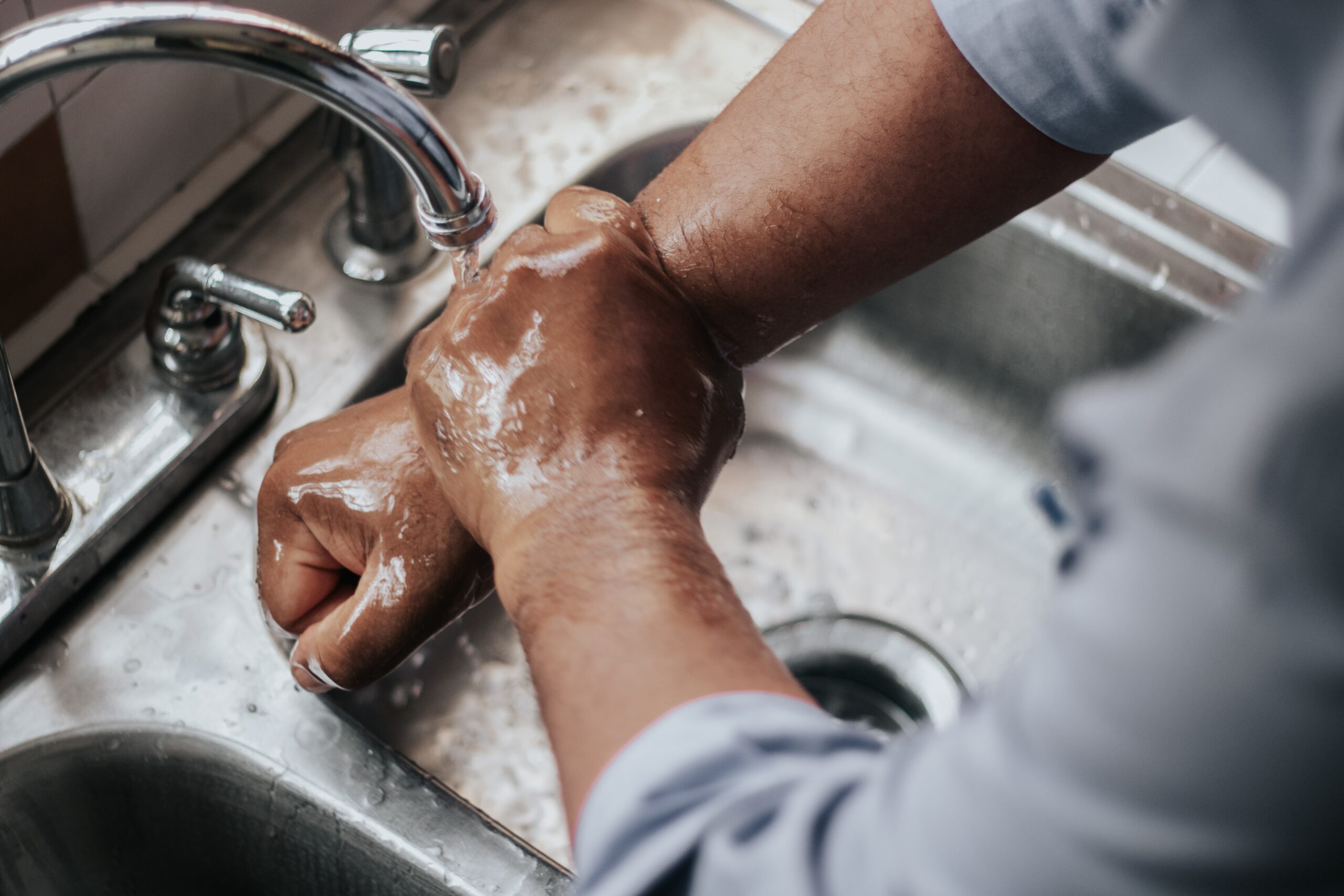Today – 28th May – we celebrate Menstrual Hygiene Day, dedicated to changing social norms around menstruation. Too often, people who menstruate have to curtail their activities because they lack hygienic sanitary products and waste facilities. They miss school and work, their physical and mental health suffers, and gender inequality gets worse.
This is an under-recognized public health crisis everywhere. In the United States, surveys suggest that one in five girls regularly miss at least part of their school time because of inadequate support for menstruation. But the crisis is greatest in developing countries, where girls can go to great lengths to gain support. In Kenya, for example, we’ve even heard reports of girls trading sex for sanitary pads.
The medical literature generally ignores this problem. Yet in eradicating “period poverty,” we can make progress on several UN Sustainable Development Goals, including reducing overall poverty, promoting gender equality, and improving sanitation.
Some brands are already stepping up. Cora, which makes organic tampons and pads, is an American B Corporation that sets aside a substantial portion of profits for vulnerable communities. It has partnered with foundations in India, Kenya and the U.S. to provide health education and access to hygiene products. That includes 12 million free sanitary products so far, with plans for an additional 6 million over the next year.
Donations are always welcome, but brands can go further, in two important ways. The first is to use their skills and resources in messaging to help remove the stigma around menstruation. Only by ending the silence on the subject can we inspire people to take action and put the issue at the forefront of public health. We know how to support people who menstruate, and the solutions are not expensive, but we need focused, practical steps on increasing affordability and accessibility to all. Advocacy to raise awareness on the issue of period poverty is the essential precondition here.
Always, Kotex, and other global brands have begun to address the issue in the context of female empowerment. P&G’s #EndPeriodPoverty campaign, and Kimberly-Clark’s She Can Initiative, have so far focused on the U.S. and other developed countries. While important to address socio-economic inequities there, brands should also level up their efforts to become truly global in their advocacy initiatives.
Second, brands can scale up successful innovation. AFRIpads is a Uganda-based social enterprise that created reusable sanitary pads. One AFRIpads standard 4-pack is three times more affordable than a year’s worth of disposable pads. The organization has so far reached over 3.5 million menstruators in 37 countries. But imagine what would happen if a for-profit company took on the product, created a familiar brand and marketed it worldwide, and then used that scale to reduce costs even further.
These steps are crucial to solving the public health crisis. Governments have experimented with offering free sanitary products in public facilities, or reducing taxes on these goods. But to address the full scale of the problem, we need the private sector involved, and that means brands.
Covid-19 has only worsened problems of affordability and access to menstrual products. It’s time for sustained action from hygiene brands to advocate, educate and innovate. They can work with governments to change the narrative on menstruation around the world, and improve the lives and long term livelihoods of millions of people around the world who experience monthly period poverty.



